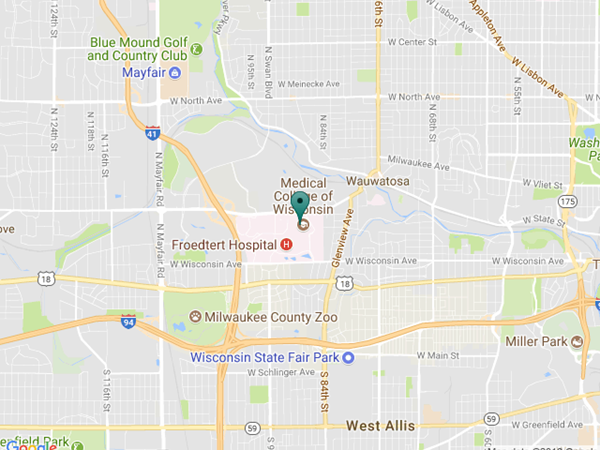Welcome to Medical College of Wisconsin Bioinformatics and Quantitative Child Health (BQCH)
Our mission is to provide scientifically valid, efficient and dependable research support for study design, data management and analysis of laboratory, animal and clinical studies. In partnership with Children's Research Institute, BQCH will help train junior researchers, work with more mature researchers in obtaining and maintaining funding, and develop standardized data management protocols which facilitate the collection of quality data.
We at BQCH are available to work with you on your grant proposals, study design, data analysis and many more. We have been working closely with the investigators through email communications and WebEx meetings. If you need any help, please feel free to contact Cindy Feltz (cfeltz@mcw.edu).
We provide assistance with:
- Animal studies: toxicology, deterministic and behavioral
- Clinical trials: parallel arm, sequential and alternative designs, cross-sectional and longitudinal
- Epidemiological studies: case control, cluster and cohort studies
- Genetic studies: SNPS, genetic pathways
- Health services research: outcomes, quality control and questionnaire design
- Laboratory investigations: in vitro, assay modeling and drug shelf duration
- Observational and weighted surveys: simple and complex designs
Bioinformatics and Quantitative Child Health FAQs
Helpful Guidance
- A Review of Statistical Analysis Software (PDF)
- Avoiding pitfalls that result in bad data (PDF)
- Database ownership (PDF)
- Guidelines for detecting bad data (PDF)
- REDCap Data Dictionary (DOC)
- Sound principles for simple statistics (PDF)
- Using REDCap to Capture Good Data (PDF)
- Working with spreadsheets (PDF)
- Chart Review Checklist (PDF)
- Database Construction Checklist (PDF)
- Grant Writing Checklist (PDF)
- Journal Review Checklist (PDF)
- Nature Manuscript Checklist (PDF)
- Guidelines for Collecting Data via Excel Templates (PDF)
Forms
Contact Us
Translational & Biomedical Research Center
Children's Research Institute
8701 Watertown Plank Rd.
Milwaukee, WI 53226


